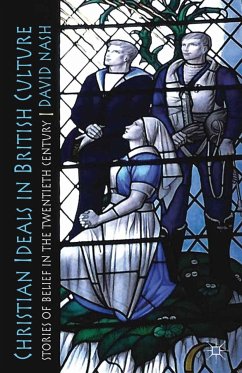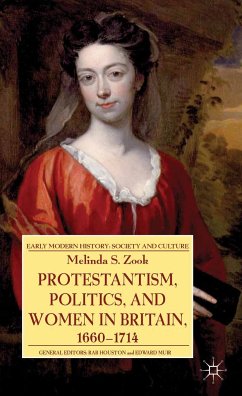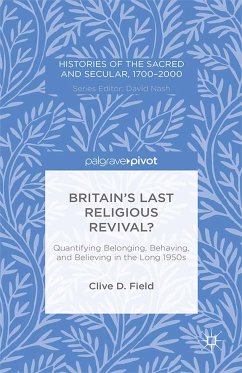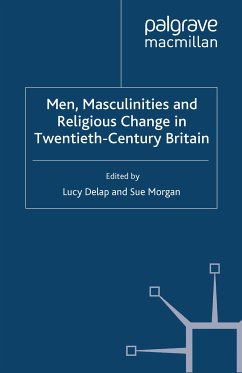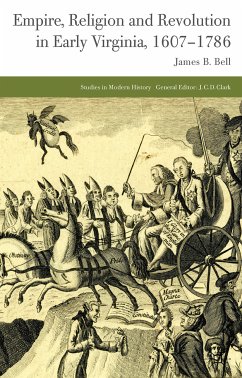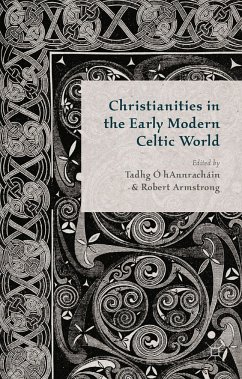Dieser Download kann aus rechtlichen Gründen nur mit Rechnungsadresse in A, B, BG, CY, CZ, D, DK, EW, E, FIN, F, GR, HR, H, IRL, I, LT, L, LR, M, NL, PL, P, R, S, SLO, SK ausgeliefert werden.
'David Nash's Christian Ideals in British Culture: Stories of Belief in the Twentieth Century offers away past the increasingly stale secularization debate. Nash calls for a new agenda for future research, a religious history of highly contextual individual choices. It can only be hoped that historians will take up this challenge and continue to explore religious belief in twentieth-century Britain without relying on problematic metanarratives. This book will serve as a useful starting point in that endeavor.' Stephen Jackson - Journal of British Studies

